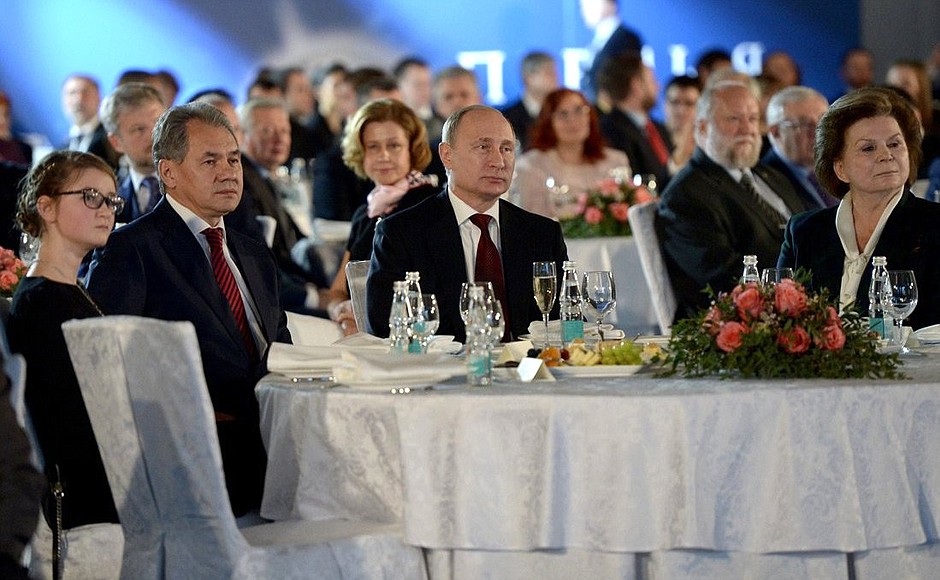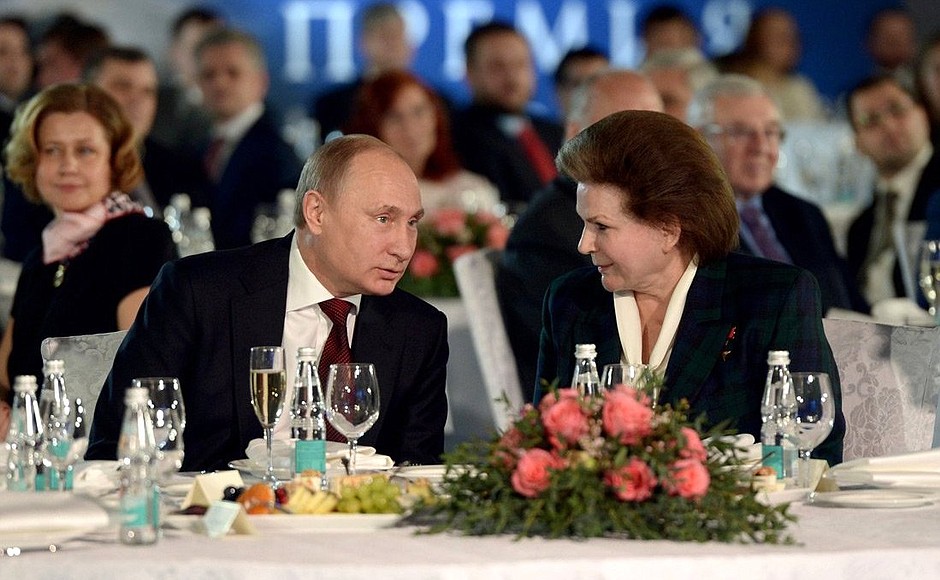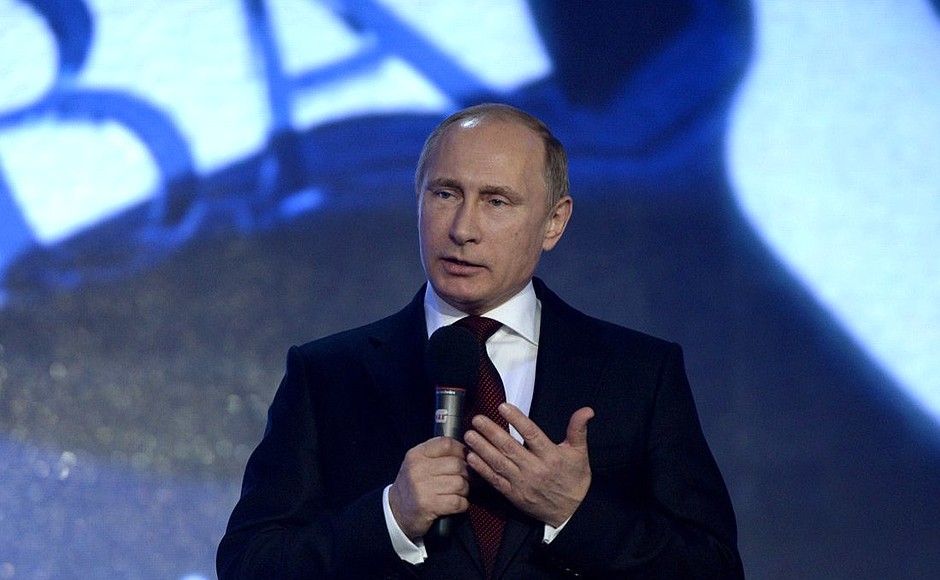Konstantin Bogdanov is the leader and organiser of the Lefort expedition. On May 4, 2013 participants in this project found Lefort, a battleship of the Imperial Russian Baltic Fleet. The location where the ship sank had remained unknown for one and a half centuries, and the catastrophe’s causes had been misunderstood. The tragedy of the ship and its 826 passengers ranks ninth in the list of the biggest wrecks in history that took place in peacetime. Studies involving dozens of dives to a depth of 70 metres helped identify the causes of the ship’s sinking and to recreate the course of events. A virtual museum with photo and video materials was created on the basis of the expedition’s findings.
Around 350 projects competed for the Russian Geographical Society’s awards, which were presented in seven categories: Expedition and Travel, Geographical Research, Youth Projects, Russia’s Natural and Cultural Heritage, Media Projects, Russian Geographical Society’s Person of the Year, and Best Foreign Project about Russia.
* * *
President of Russia Vladimir Putin: Friends, good afternoon,
You know, at the very beginning, when the host was introducing today’s event, I was looking at the screen, watching how various expeditions were organised in the previous years, long ago, and how this is done today. And I thought that this is actually a very difficult and sometimes dangerous work. This is a truly hard work that requires enormous effort and sometimes is a risk to life.
But nevertheless, people do travel, fly, sail, climb the mountains and dive underwater. Why? Because, first of all, they believe that what they do is very necessary. I want to address all of you and say that this is true, and I want to thank you very much.
And second, these are people who are very much dedicated to what they do; they give a part of themselves to this work, devote a significant part of their lives to the cause they have chosen to serve. And only when these two parts – a personal inner conviction that what you do is important and right, and readiness to devote yourself to this work – blend together, only then do you get results.
Of course, behind any result, there is usually not just one person, but an entire team, at least in the work that we are looking at today – it’s not just one person. Even if something is then given his or her name, there is usually an entire team behind it, a whole a group of likeminded people. So in presenting the awards to specific people today – it is no accident that they themselves spoke about it – we are honouring the entire group of people who stood behind the results achieved in these expeditions.
Today, we are attending a very pleasant event. We are giving rise to another tradition of the Russian Geographical Society – the presentation of awards. Here, our wonderful and widely respected cosmonaut said that the Russian Geographical Society once went to oblivion, but then was back to life again. Let’s think it took a lengthy nap and then once again returned to us, like a Sleeping Beauty, and now it brings us joy, inspiring new achievements.
When we talk about Person of the Year, it means that the team and its leader are recognised for having done something special, something important and very interesting. Let’s look at who this is and what their work is about.
The experts have decided to bestow the Person of the Year of the Russian Geographical Society prize to Konstantin Bogdanov, for discovering and exploring the Lefort ship. The location of its wreck and the causes were a mystery for nearly 150 years, but our laureate, together with his colleagues and friends, carried out this enormous work.
But, as far as I know, this is not the only work carried out by this team. They are engaged in a huge project to restore the names of heroes in the Great Patriotic War and World War I. They have an entire programme that is called A Bow to the Ships of the Great Victory. They are locating the wreck sites of submarines and battleships perished in World War I and World War II, in the Great Patriotic War and, as I already said, are restoring the names of heroes.
This is extremely important work; it is always important, and will be especially important over the centuries. But on the eve of Victory in the Great Patriotic War, this is especially important.
Thank you very much. I wish you new successes.
<…>


